- Have any questions?
- +380 (50) 50 73 903
- uapothecary.pharmacy@gmail.com
Asparcam tablets 50 pcs
Original price was: $15.69.$14.29Current price is: $14.29.
Asparcam Tablets are designed to support heart health and maintain proper electrolyte balance in the body. Each tablet contains a combination of potassium and magnesium aspartates, essential minerals that play a critical role in maintaining healthy heart function, muscle contractions, and nerve signaling. These minerals also help prevent muscle cramps, reduce fatigue, and improve overall cardiovascular health.
Pharmacological properties
Pharmacodynamics. potassium and magnesium ions as important intracellular cations are included in the work of a number of enzymes, in the process of linking macromolecules with subcellular elements and in the mechanism of muscle contraction at the molecular level. the ratio of extracellular and intracellular concentrations of potassium, calcium, sodium and magnesium ions affects the contractility of the myocardium. as an endogenous substance, aspartate is a carrier of potassium and magnesium ions, has a pronounced affinity for cells, its salts undergo dissociation only slightly. as a result, ions penetrate into the intracellular space in the form of complex compounds. magnesium aspartate and sodium aspartate improve myocardial metabolism. insufficient content of potassium and magnesium in the body increases the risk of developing arterial hypertension, atherosclerotic lesions of coronary vessels, heart rhythm disorders, and myocardial pathology.
Pharmacokinetics. Was not studied.
Indication
Additional therapy for chronic heart diseases (for heart failure, in the post-infarction period), for heart rhythm disorders, primarily for ventricular arrhythmia.
Additional therapy in the treatment of digitalis drugs.
In conditions accompanied by hypokalemia and hypomagnesemia (including an overdose of saluretics).
Application
The usual daily dose for adults is 1-2 tablets 3 times a day. the dose can be increased to 3 tablets 3 times a day. gastric juice can reduce the effectiveness of the drug, so it is recommended to take tablets after meals. the course of treatment is determined by the doctor.
Contraindication
Increased sensitivity to the components of the drug; acute and chronic renal failure; Addison’s disease; hyperkalemia, hypermagnesemia; av-blockade of the ii-iii degree; cardiogenic shock (blood pressure 90 mm Hg).
Side effects
They develop very rarely:
from the digestive tract: nausea, vomiting, diarrhea, abdominal pain, discomfort or burning in the epigastric area, gastrointestinal bleeding, ulcers of the mucous membrane of the digestive tract, dry mouth;
from the side of the cardiovascular system: violation of myocardial conduction, lowering of blood pressure, AV blockade;
from the side of the central and peripheral nervous system: paresthesias, hyporeflexia, convulsions;
allergic reactions: itching, redness of the skin of the face, rash;
from the respiratory system: respiratory depression is possible (induced hypermagnesemia);
others: a feeling of heat.
Special instructions
With long-term use of the drug, it is necessary to monitor the level of potassium and magnesium in the blood, as well as constant monitoring of indicators of electrolyte homeostasis and ECG data.
Asparkam, as a drug containing potassium and magnesium, should be used with caution in patients with myasthenia gravis; in conditions that can lead to hyperkalemia, such as acute dehydration, tissue damage is most common, particularly in severe burns. For this category of patients, it is recommended to regularly examine the concentration of electrolytes in blood serum.
Asparkam should not be prescribed to patients with gastroduodenal ulcers or obstruction.
Use during pregnancy and breastfeeding. There are no data on the negative effects of the drug during pregnancy or breastfeeding. However, the use of the drug is possible if, in the doctor’s opinion, the expected benefit to the mother exceeds the risk to the fetus or child.
Children. There are no data on the use of the drug for the treatment of children.
The ability to influence the speed of reaction when driving a motor vehicle or working with other mechanisms. Asparkam does not affect the speed of reaction when driving vehicles or working with other mechanisms.
Interactions
Due to the presence of potassium ions in the composition of the drug, when using the drug asparkam with potassium-sparing diuretics, APF inhibitors, β-adrenoceptor blockers, cyclosporine, the risk of developing hyperkalemia (necessary control of the level of potassium in the blood plasma) increases and the inhibitory effect on intestinal peristalsis increases.
The drug inhibits the absorption of oral forms of tetracycline, iron salts and sodium fluoride (it is necessary to observe a 3-hour interval between doses).
Asparkam enhances the effect of drugs that stimulate trophic processes in the myocardium; prevents the development of hypokalemia caused by the use of saluretics, corticosteroids, cardiac glycosides. Asparkam reduces the cardiotoxic effect of cardiac glycosides.
When used simultaneously with antidepolarizing muscle relaxants, the neuromuscular blockade increases, with anesthetics (ketamine, hexanal, flurothane) – the function of the central nervous system is suppressed.
Asparkam can reduce the effectiveness of neomycin, polymyxin B, tetracycline and streptomycin.
Overdose
At the moment, no cases of overdose have been registered. theoretically, with an overdose, symptoms of hyperkalemia (nausea, vomiting, diarrhea, abdominal pain, metallic taste in the mouth, bradycardia, weakness, disorientation, muscle paralysis, paresthesias of the limbs) and hypermagnesemia (reddening of the face, thirst, arterial hypotension, hyporeflexia, violation of neuromuscular transmission, respiratory depression, arrhythmia, convulsions). an increase in the t wave, a decrease in the amplitude of the p wave, and an expansion of the qrs complex are recorded on the ECG.
Treatment: discontinuation of the drug, symptomatic therapy (intravenous administration of calcium chloride solution at a dose of 100 mg/min), if necessary, hemodialysis.
Storage conditions
In the original packaging in a dry place at a temperature not higher than 25 °C.

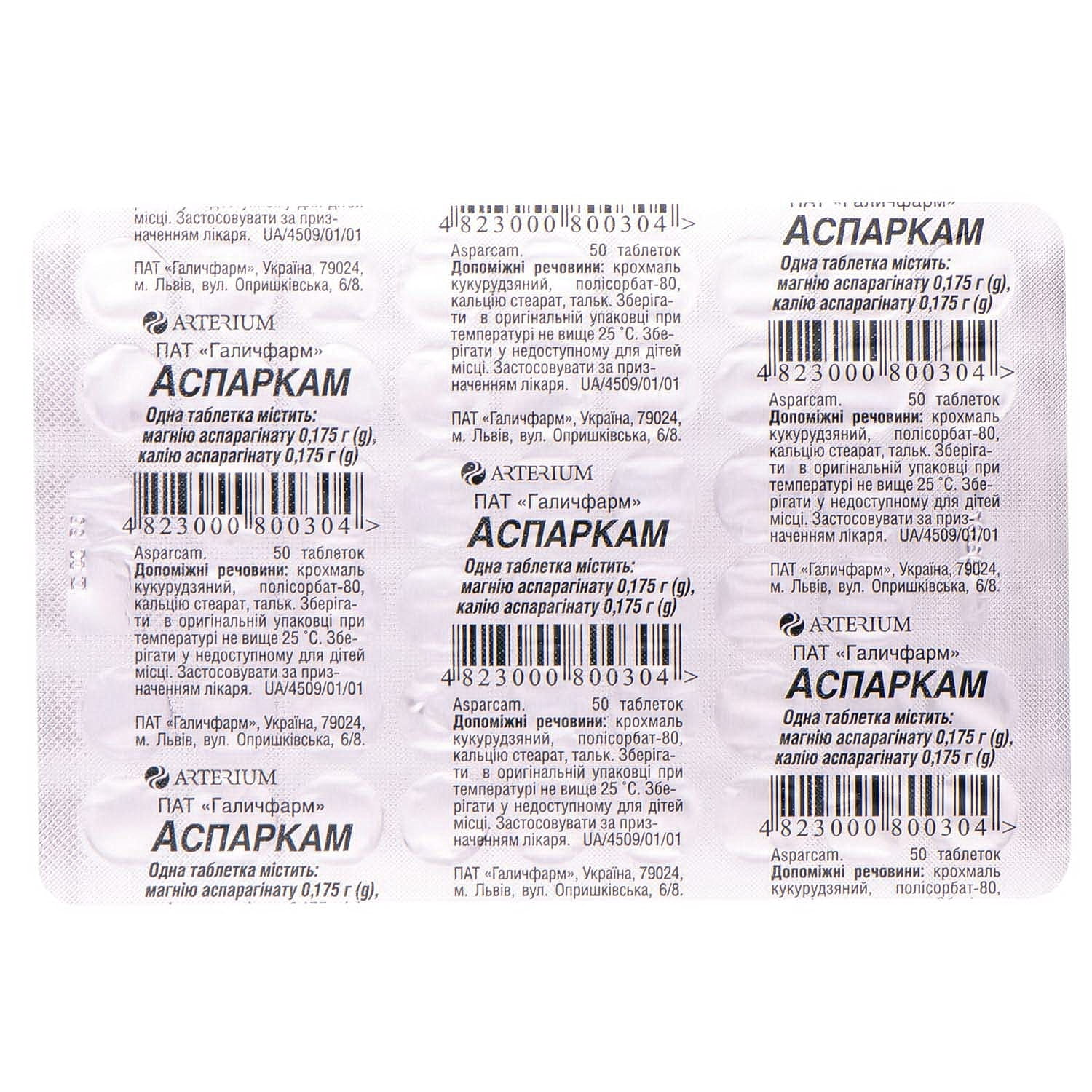
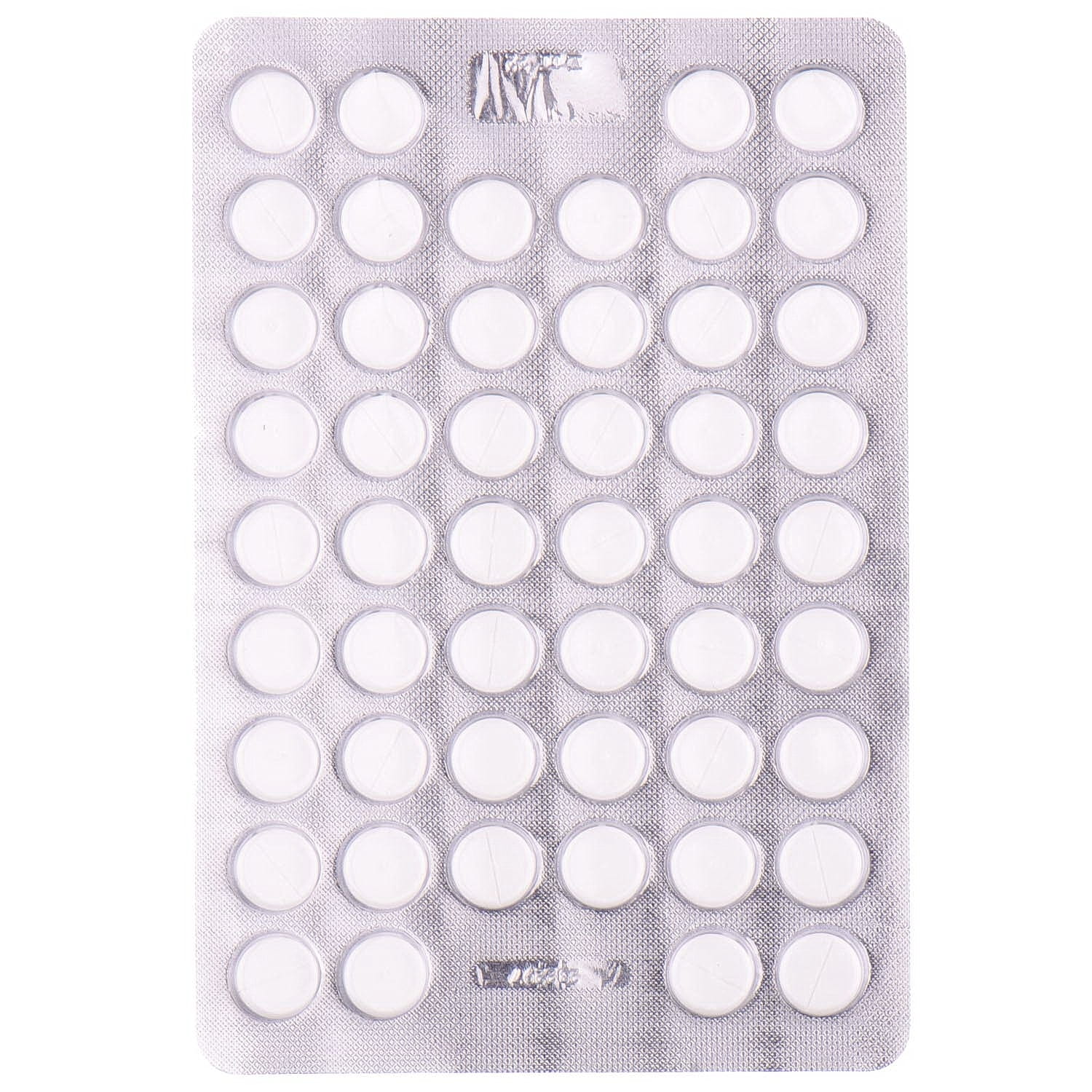
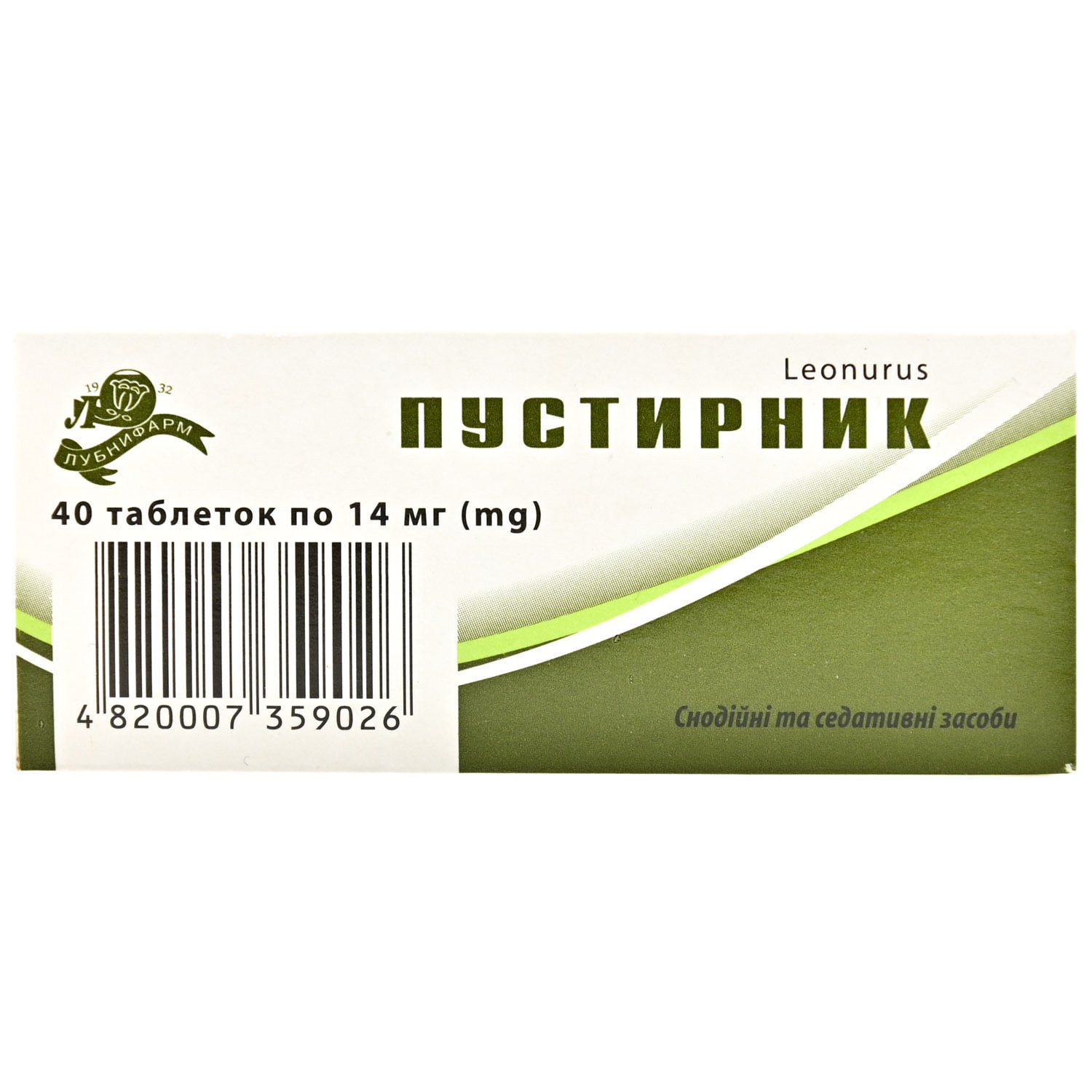
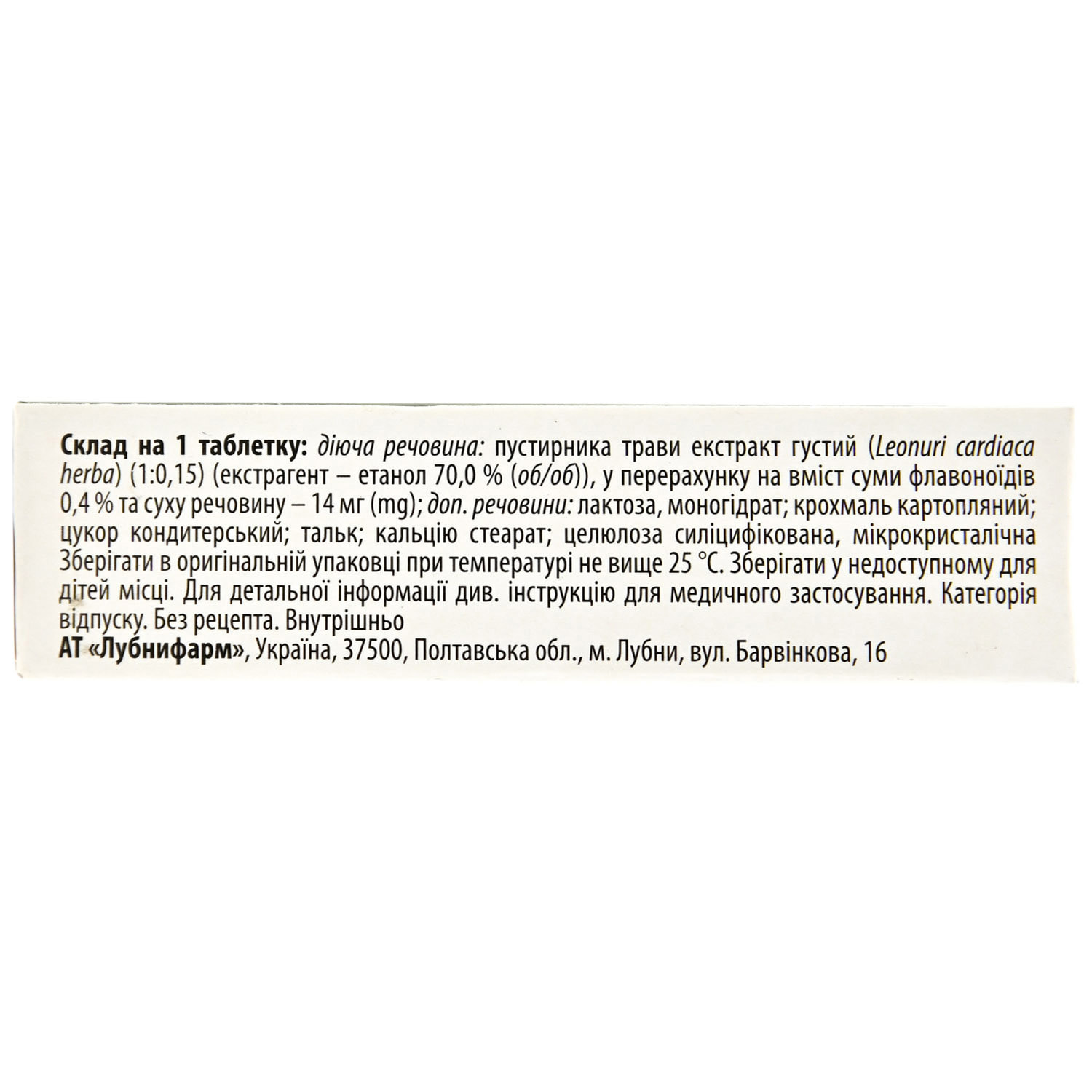
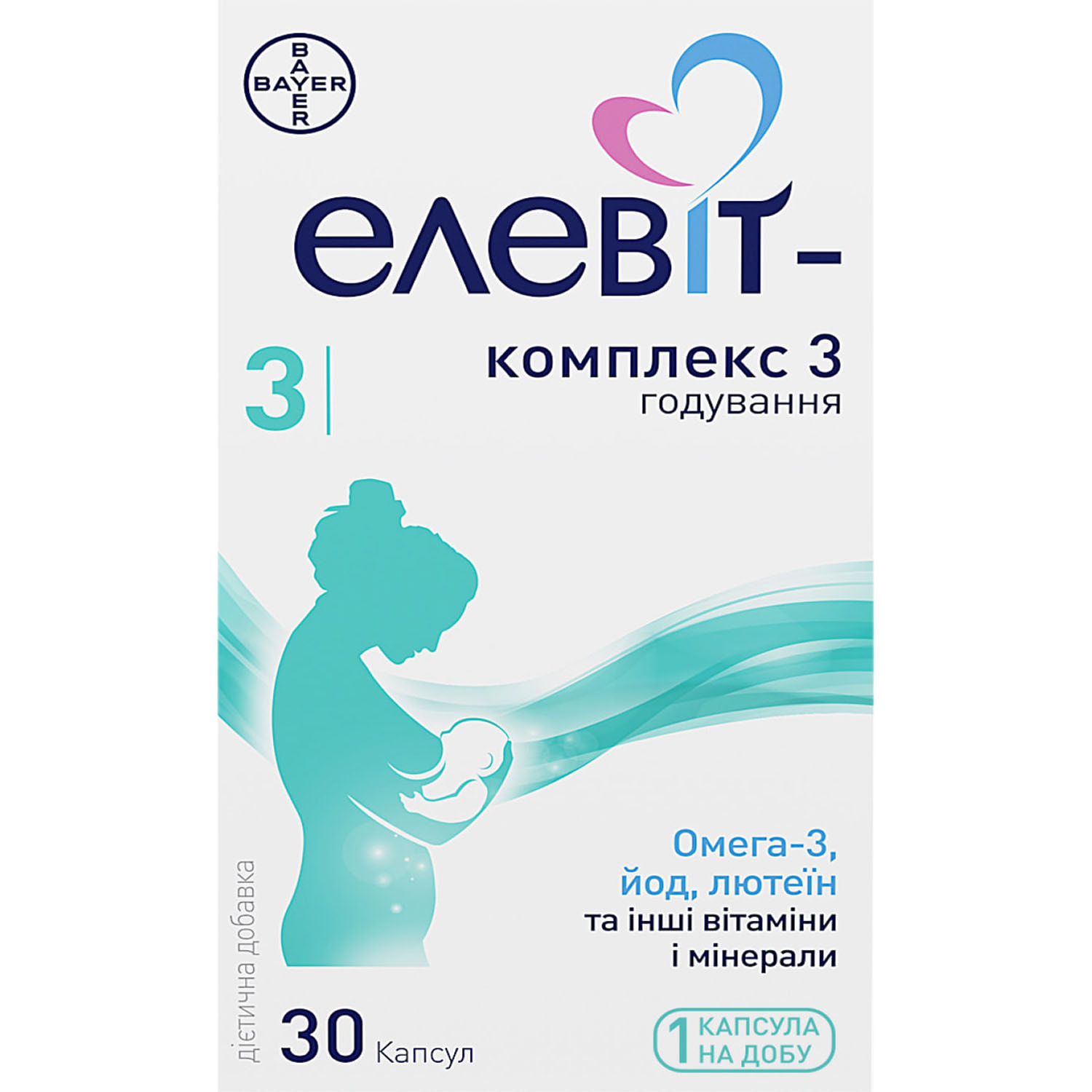

Reviews
There are no reviews yet.